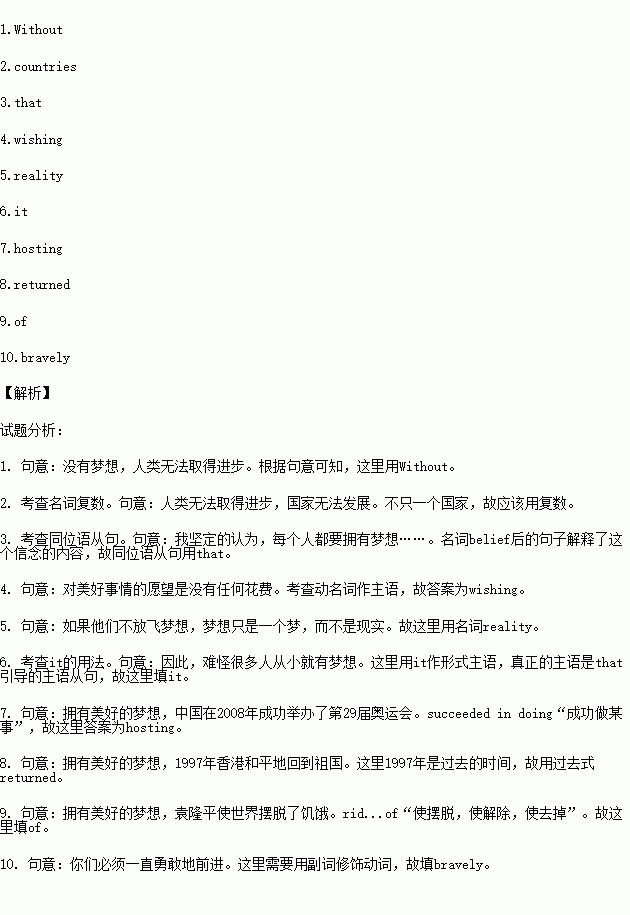Now scientists believe that global warming affects hibernating(冬眠的) animals, causing them to wake up earlier. While this may seem a little concern, it is in fact a significant environmental problem. The shortened hibernation (冬眠) period could actually lead to significant declines in the populations of several species.
Some of the first concrete evidence of the phenomenon came from Colorado, where researchers at the Rocky Mountain Biological lab have been observing marmot(旱獭) hibernation behavior since the 1970s. In the early days of their studies, marmots generally hibernated several weeks into the month of May. Nowadays, however, temperatures in the area have risen by 2.5 degrees Fahrenheit(华氏度), and the marmots are waking up about a month earlier.
At least the marmots are still hibernating. Several other animals have not been hibernating at all recently. Brown bears in the Spanish Cantabrian Mountains did not hibernate last year. In parts of the United States, chipmunks (花鼠) also skipped the hibernation period. The bears seem to have survived without losing many individuals. The chipmunks, however, were not so lucky. Many of the animals died of starvation during the winter.
The problem with animals waking up early, or skipping hibernation altogether, lies with the creatures’ metabolism(新陈代谢). When an animal hibernates, their metabolism drops significantly. The animals’ heart rate slows, and they require very little energy to live. When the animals awake from their winter slumber, their metabolism returns to normal.
But while their metabolism may be as active as it was before hibernation, food sources aren’t as available as they were before. A marmot may wake up when temperatures get warmer, thinking it’s spring, but plants will not have gotten the amount of sun they need to signal their spring period of growth. So until the plants grow, the marmots have no reliable food source.
Many scientists believe the problem will continue to get worse. In addition to changes in hibernation patterns, some believe that other animals will also begin to change their migration patterns or begin to give birth earlier. For many biologists, that’s a scary prospect. Terry Root, an animal expert at Stanford University, said: “I do think what we will be facing is the extinction of many species."
1.What is the viewpoint of the writer?
A. Global warming will continue to get worse as time goes on.
B. Global warming will lead to shortened hibernation of some animals.
C. Shortened hibernation will result in declines in the population of animals.
D. Some animals will skip hibernation altogether.
2.The writer sets the example of the marmot so as to ________.
A. explain that global warming influences animals’ hibernation
B. indicate that the weather gets warmer and warmer now
C. show that the weather in the United States is quite different
D. say some animals do not hibernate now due to warm weather
3.Why can’t marmots find enough food when they wake up?
A. Because there are too many marmots in the wild now.
B. Because plants haven’t received enough sunlight for spring growth.
C. Because winter days end much earlier than before.
D. Because more and more animal species skip hibernation now.
4.Terry Root holds a(n) ________ attitude towards the future of animals.
A. optimisticB. doubtfulC. pessimisticD. sensitive

